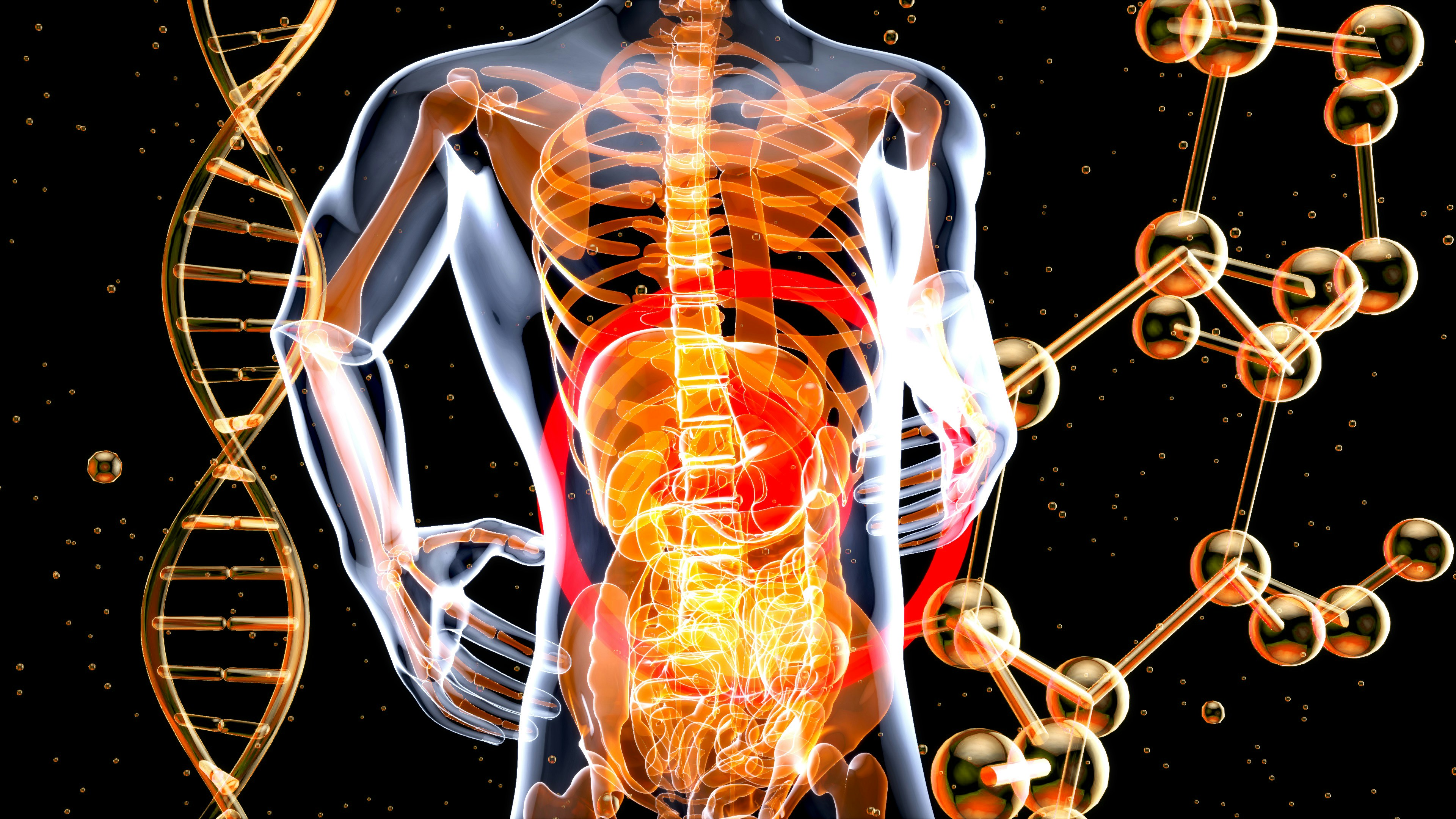Diet
Diet
Diet
Struggling to Lose Weight During Menopause? Here’s the Secret No One Talks About!
Menopause is a significant life transition that brings various hormonal changes, often leading to weight gain and difficulty in losing weight. Many women struggle with increased belly fat, slowed metabolism, and changes in body composition. Understanding the connection between menopause and weight loss can help women adopt effective strategies to maintain a healthy weight and overall well-being.



How Menopause Affects Weight Gain and Metabolism
Hormonal Changes and Their Impact
Decline in Estrogen Levels: Estrogen plays a role in regulating fat distribution. As estrogen levels drop, fat tends to accumulate around the abdomen rather than the hips and thighs.
Lower Progesterone Levels: A decline in progesterone can lead to water retention and bloating, making weight fluctuations more noticeable.
Insulin Resistance: Some women become more insulin-resistant during menopause, making it easier to gain weight and harder to lose it.
Slower Metabolism and Muscle Loss
Reduced Resting Metabolic Rate: Aging naturally slows metabolism, making it easier to gain weight even with the same diet and exercise routine.
Loss of Lean Muscle Mass: Muscle burns more calories than fat. Without strength training, muscle mass declines, further reducing calorie expenditure.
Challenges of Losing Weight During Menopause
Increased Appetite and Cravings
Hormonal shifts can lead to increased hunger and cravings, particularly for carbohydrates and sugary foods.
Sleep disturbances common in menopause may also lead to higher cortisol levels, which can contribute to stress eating.
Fat Storage Changes
Fat storage shifts to the abdominal region, increasing the risk of metabolic disorders such as type 2 diabetes and heart disease.
Effective Weight Loss Strategies During Menopause
Nutritional Adjustments
Increase Protein Intake: Supports muscle retention and boosts metabolism.
Prioritize Fiber-Rich Foods: Helps with digestion, blood sugar control, and satiety.
Reduce Processed Carbs and Sugar: Helps manage insulin resistance and prevent fat accumulation.
Stay Hydrated: Proper hydration supports metabolism and reduces bloating.
Exercise for Weight Management
Strength Training: Helps maintain muscle mass and metabolic rate.
Cardiovascular Exercise: Walking, jogging, or cycling supports heart health and fat loss.
High-Intensity Interval Training (HIIT): Effective for burning calories and improving metabolism.
Yoga and Pilates: Help manage stress and improve flexibility and core strength.
Hormonal and Lifestyle Considerations
Manage Stress: Chronic stress raises cortisol levels, which promotes fat storage. Practices like meditation and deep breathing can help.
Improve Sleep Quality: Aim for 7-9 hours of sleep to regulate hunger hormones.
Consider Hormone Replacement Therapy (HRT): In some cases, HRT may help manage symptoms, but consult with a healthcare provider.
Conclusion
Weight gain during menopause is common but not inevitable. By making strategic lifestyle changes, including balanced nutrition, regular exercise, and stress management, women can maintain a healthy weight and improve their overall well-being.
If you're struggling with weight loss during menopause and need personalized guidance, consider speaking with a health professional or coach to create a plan tailored to your needs. Start your journey today with Kelly Fletcher.
Articles
Discover our other articles
Explore our articles to know the best behavior about alimentation and well-being.




















